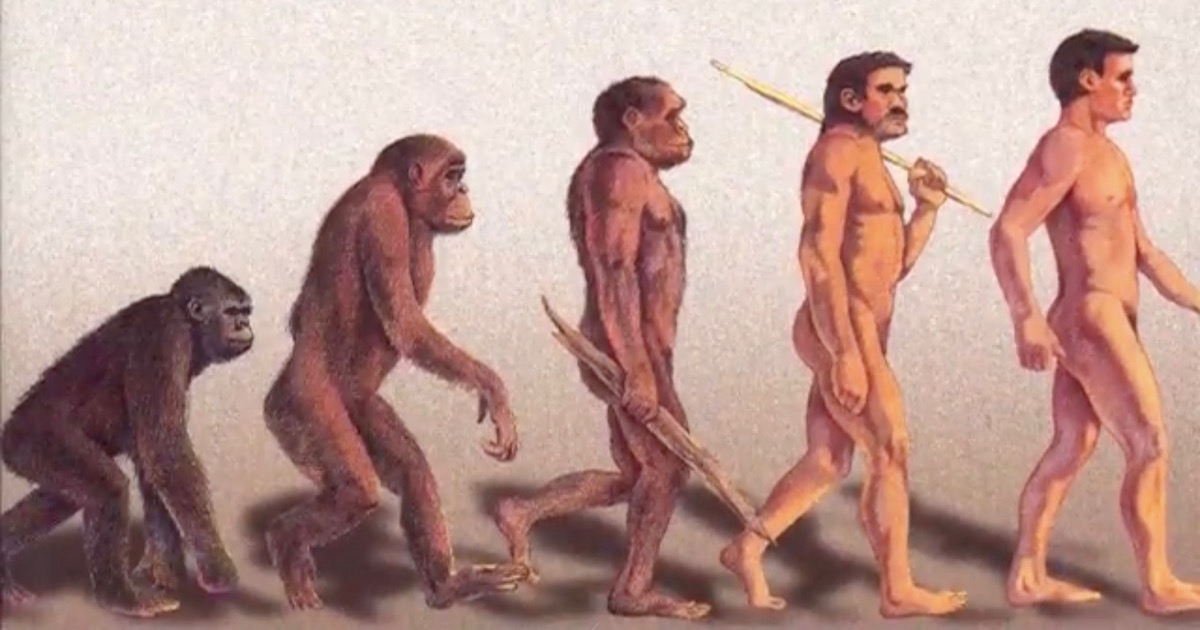 Evolution
Evolution
 Human Origins
Human Origins
Jonathan Wells, Author of Zombie Science: Fossil Finds Only Confuse Human Origins

The day’s science headlines include a sensational announcement that our ancestors separated from apes not in Africa as previously thought, but in Eastern Europe, specifically Bulgaria and Greece. From the Telegraph:
Currently, most experts believe that our human lineage split from apes around seven million years ago in central Africa, where hominids remained for the next five million years before venturing further afield.
But two fossils of an ape-like creature which had human-like teeth have been found in Bulgaria and Greece, dating to 7.2 million years ago.
The discovery of the creature, named Graecopithecus freybergi, and nicknamed ‘El Graeco’ by scientists, proves our ancestors were already starting to evolve in Europe 200,000 years before the earliest African hominid.
An international team of researchers say the findings entirely change the beginning of human history and place the last common ancestor of both chimpanzees and humans — the so-called Missing Link — in the Mediterranean region.
The research, with its claim to offer “intriguing evidence of what could be the oldest known hominin,” is published in PLOS ONE (“Potential hominin affinities of Graecopithecus from the Late Miocene of Europe”).
What to make of such news? How long before it’s debunked and knocked over in favor of some other story?
In a new video conversation, Discovery Institute biologist Jonathan Wells puts hype about fossil “ancestors” and “missing links” in perspective:
His latest book, Zombie Science, documents a new set of evolutionary icons, of which human descent from apelike animals is one of the foremost examples. It’s also the most emotionally charged.
The problem with such fossil finds is that they never provide the lasting clarity about human origins that scientists, and the public, crave. “Instead of ending up with a nice clean line from an apelike creature, a chimpanzee-like creature,” says Dr. Wells, a U.C. Berkeley-trained embryologist, “each discovery complicates matters even more than they were complicated before.”
If Darwinian theory accurately characterized the history of life and satisfactorily identified the engines of biological evolution, it would provide more clarity as time went by, not less. Don’t you think?
